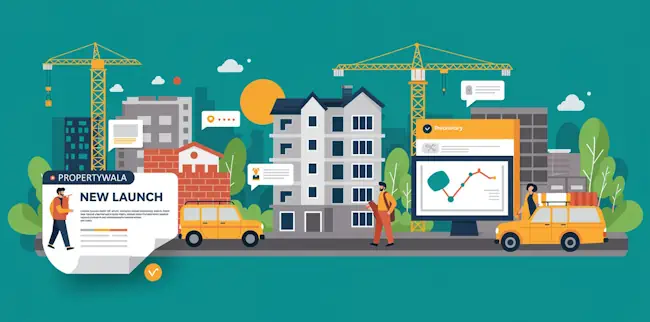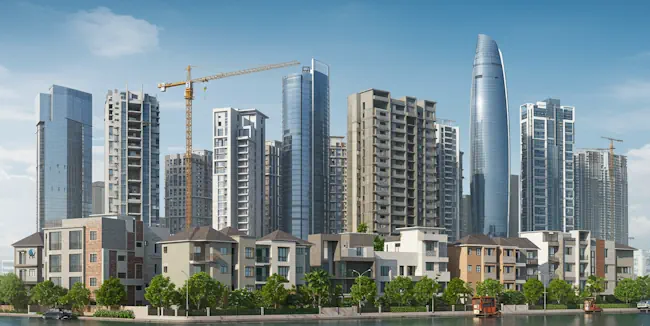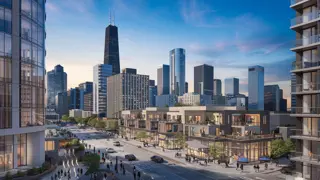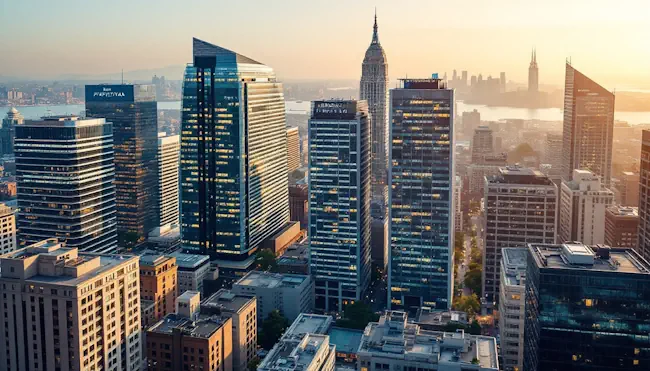
Office rentals in India stabilized in the September quarter, with varied trends across cities. Economic improvement and corporate confidence drive demand.

Residential real estate prices have increased by 10% in three months as market sentiment and transactions improve. Prices were initially cut by 30% to combat decreased demand.

Madhucon Projects Ltd secures $3.9M order for a road project in Nepal and plans thermal power project expansion.

Economic optimism and liquidity in equity markets are boosting real estate confidence, prompting investment advice for families and highlighting increased demand in Mumbai's residential sector.

Mumbai anticipates highest residential demand, while Bangalore leads in office and retail space. Pune shows strong retail growth potential.

MCHI's Property 2009 exhibition in Mumbai showcases properties from 75+ developers. Co-organized by SBI, it features financing offers for aspiring homeowners in Mumbai, Thane, Navi Mumbai, and Pune.

Tata Housing launches 'New Haven' with 1,300 affordable apartments starting at ₹12.73 lakh in Mumbai, expanding its affordability drive in the housing sector.

Global retail slowdown hits high-street rentals, Mumbai worst affected with 63.5% decline

Property firms are optimistic as they launch new housing projects for the festive season, despite challenges in demand and price hikes.

Homebuyers can now check if the land under their building is encumbrance-free after RBI's recent directive requiring builders to disclose mortgage status.

Indiareit Fund Advisors is launching a Rs 500 crore real estate fund aimed at investments in residential projects across Mumbai, New Delhi, and Alibaug.

Madhur Bajaj, vice chairman of Bajaj Auto, plans to sell a significant portion of his land holdings under Emerald Acres, citing no interest in real estate development.

Mafatlal Industries plans to sell an 85,000 sq ft property in central Mumbai to revive its operations, with bidding expected to start soon.

Mumbai developers are focusing on premium residential properties as the market recovers, with high-value transactions ranging from Rs 5 crore to Rs 35 crore.

Tata Housing engages in initial discussions with Sequoia Capital and Atlanta Equity to secure funding for affordable housing projects, attracting investor interest with low-risk opportunities.

Mumbai Sees Rapid Residential Price Growth, Tops at Rs 97,842/sqft

Mumbai's realty market sees price hike of 5-15% across developments, with high-end flats in Mahalaxmi selling at ₹25,000/sqft, a 25% rise from comparable properties.

The demand for affordable housing is critical for India's middle income population, particularly in major metros like Delhi, Bangalore, Chennai, and Pune.

Peninsula Land plans to raise ₹500 crore through QIP to acquire land in Mumbai, focusing on Parel, Lower Parel, Kanjurmarg, and Thane.

India's commercial real estate market is rebounding, driven by rising government revenues and an improving economy. This has led to increased investor inquiries and rental deals.

RBI's draft guidelines propose excluding entrepreneur real estate loans for business from CRE classification, potentially easing construction finance access.

Mumbai is the most preferred real estate investment destination, followed by Chennai, according to a recent survey. Patna, Nasik, Tiruchirapalli, and Madurai are also emerging as attractive options.

Mumbai's commercial real estate market sees revival as Lodha Developers and Indiabulls bid for Finlay Mill, and Kohinoor Mill-1 is set for auction.

New Delhi tops as India's most expensive city for expats, globally ranks 65th in cost of living.

DLF aims to raise Rs 300-500 crore by selling its stake in a joint venture with Akruti City for a commercial project in Andheri, part of a larger debt reduction strategy.